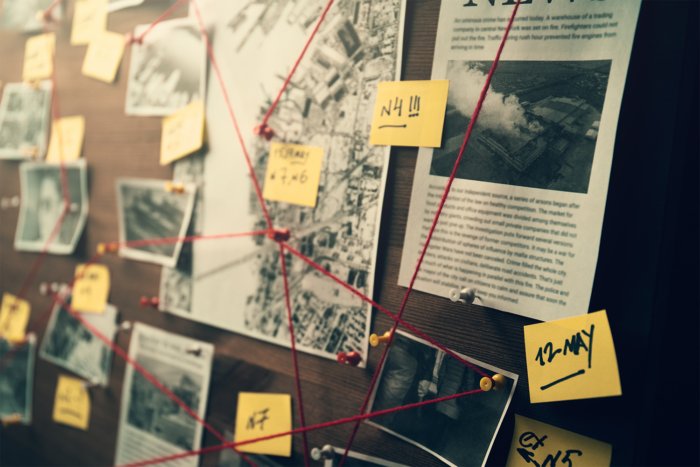If you’ve been called to be a witness at an ICAC hearing or are being investigated by ICAC, here is what you should know.
What is ICAC?
The NSW Independent Commission Against Corruption (ICAC) is an independent organisation tasked with investigating and exposing corruption and corrupt behaviour in the NSW public sector to prevent breaches of public trust and ensure that the integrity and reputation of public administration is protected.
Witness Information Guides
During the course of an investigation, the commission may seek to take information from witnesses in either a public inquiry or (private) compulsory examination. For both examinations, ICAC provides helpful online resources – including Information for Witnesses, Standard Directions for Public Inquiries, and Public Inquiry Procedural Guidelines, which provides witnesses with information concerning their obligations and what to expect.
Court Summons
Upon receiving a summons, it is important to follow the provided instructions, as failure to do so could result in being arrested and found to be in contempt.
A request for information or documents may also be made, which must be produced on the date of the hearing. Failure to comply will result in being charged with contempt.
Hearing Types
There are two types of hearings:
- Compulsory (Private) Examinations
- Public Inquiries
There are several key differences between the two hearing types, primarily around evidence and attendees.
Complaints
With compulsory examinations, a witness won’t necessarily know the nature of the complaint or issue until it begins, whereas with a public inquiry that information will be provided in advance.
Evidence
In a compulsory examination, evidence is private, and aside from onsite commission officers, “only you and your lawyer(s) will be present and aware of the evidence that is given”. Witnesses will not, however, be able to access relevant documents prior to the examination.
At a public inquiry, however, “the commission may provide relevant persons with confidential access to selected documents through its restricted website”.
Evidence and Oaths
Hearings allow for witnesses to make either an oath or affirmation to tell the truth and promise that the evidence they provide will be truthful. Refusing to make an oath or affirmation will result in a declaration of contempt.
Cross-Examinations and Evidence
Witnesses at public examinations may find themselves being cross-examined and should expect to only be asked questions relevant to the investigation. Witnesses will also be granted the right to explain themselves should the court find their evidence to be mendacious.
Discussing Evidence
While witnesses are able to access transcripts of their evidence at public trials, there are some evidence-related matters where discretion is encouraged. For example, it is an offense under the ICAC Act to disclose the nature of a summons except to a medical practitioner/psychologist, legal specialist, or select third party for information-gathering purposes.
Suppression Orders
Witnesses must also not intentionally breach a suppression order (which prohibit the publishing of details of evidence in a proceeding) as that will be treated as a contempt of court.
Witness Entitlements
Well-Being: If attending a summons could potentially affect a witness’s physical or mental well-being, the commission can be informed of this and potentially release them from their obligation with sufficient qualified medical documentation.
Protection: Though numerous security precautions are made by the commission, arrangements may still be made with the Commissioner of the Police or public authorities to ensure protection is provided against intimidation or harassment.
Financial Compensation: Witnesses are entitled to be able to seek reasonable expense compensation, including lost wages, travel costs, meal costs, and more.
Legal Representation: Witnesses can be provided a lawyer by the Office of General Council or Department of Justice but are free to hire a lawyer of their own.
Cooperation
Merely showing up and providing evidence is not enough. As laid out in the ICAC Information for Witnesses Guide, a person can cooperate with the commission by:
- Reporting in full corrupt actions as soon as possible
- Divulging all pertinent information honestly
- Voluntarily opting to provide assistance during proceedings
- Providing evidence of criminal actions (of others) during a case
Benefits of Cooperating
Choosing to be proactively helpful can result in a more favourable opinion of a witness by the Commission during proceedings, and result in a softening towards evidence of witness corruption, recommendations against prosecution or exemption of admissible evidence, or sentence reduction recommendations.
Key Takeaways
Cooperating with and following the rules and procedures laid out by ICAC and associated guidelines will ensure that witnesses are able to properly meet all their legal obligations and ensure all hearings are carried out in accordance with the ICAC Act.



